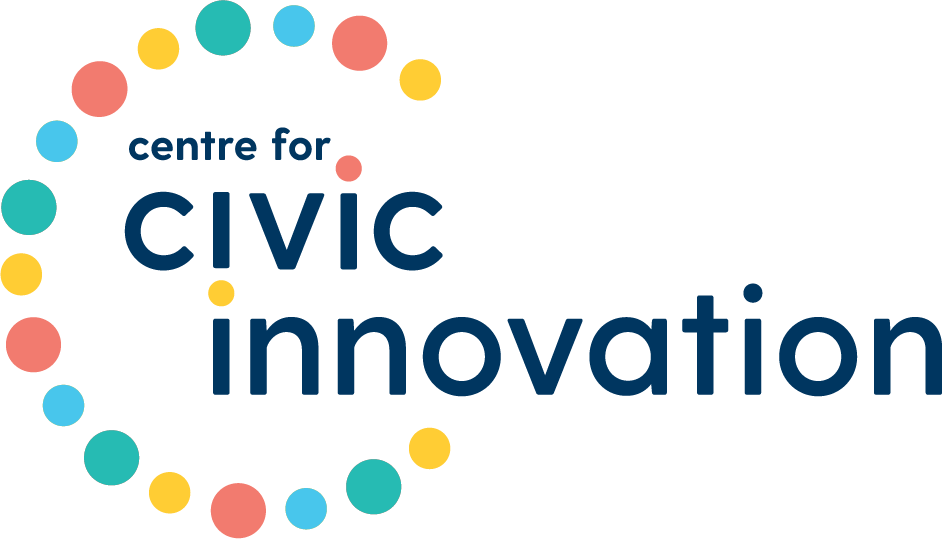Why 'Everyday Innovation' Matters
It is exciting to see leaders in Australia’s governments and business community recognising the potential of civic innovation and its role in building smart, resilient communities. CCI was recently asked to participate in the Innovation Panel of the National Economic Development Forum alongside Narelle Kennedy, Patrick Fensham and Martin Bliemel. Narelle blew us away with her understanding of civic innovation and its potential for smart, resilient communities.
In this blog post, Narelle shares her latest thinking about innovation, its relationship to place and the importance of creating easily accessible pathways for people who want to do something for their community.
She defines innovation as:
Innovation requires creating value by doing something new. This means putting a novel idea into action, so that it meets an unmet or even, an unarticulated, need in a better way than the alternatives. And, crucially, in doing so, it gains a return, whether in business revenue and profit or in measures of community wellbeing and prosperity.
Innovation is not just the province of high tech, high growth ‘gazelle’ firms.
She then shares her thoughts about the importance of strengthening the ‘everyday economy’ and the ‘economics of belonging’ as a key innovation, economic and social development strategy:
Strengthening the performance of the everyday economy is an innovation strategy—because it unlocks the untapped potential of communities. This has been referred to as ‘the economics of belonging’.
The concept of the economics of belonging is new to the CCI team but it immediately resonated. Narelle goes on to speaks to encourage policy makers and strategists to include carers and other ‘everyday’ workers when thinking about innovation and the things and that they might create or do to improve the goods and services we use daily. We love this reframing of innovation because it highlights the importance of inclusion and recognises the value that we can all offer society and what we might contribute when encouraged.
Narelle goes to emphasise this kind of thinking and strategic approaches to encourage ‘everyday innovation’ as a key strategy for smart cities that want to build resilience saying that:
Smart places measure themselves on combined economic, social and sustainability outcomes.
They work on building proximity, diversity and interactions across different sectors, disciplines, and areas of knowledge and expertise. They allow for creative collisions of ideas and serve as safe spaces for enterprises to experiment with possible innovations.
Thank you Narelle for sharing your thoughts about this. It is wonderful to hear someone with your experience recognising the importance of inclusion and encouraging everyone to innovate.
We would also like to thank Patrick Fensham for his expert facilitation skills, and Martin Bliemel for is participation in the panel. Martin spoke about the importance of ecosystem mapping to identify people and organisations supporting innovation so that governments could support them and fill the gaps. It was wonderful working with you all. I hope that together we can create more opportunities to apply our collective skills and thinking to encourage civic innovation in Australia.
For more on the panel, see this blog post.
Amelia Loye
Executive Director, Centre for Civic Innovation
About Narelle Kennedy
Narelle is a respected and authorative thought leader on business innovation and a sought-after expert commentator on emerging business issues and future trends. She is the founder and managing director of The Kennedy Company, chairperson of The Eidos Institute and a Committee Member of Regional Development Australia, Sydney.
The Kennedy Company provides consulting and research service in business and social innovation, economic and regional development, industry clusters, and competitiveness.
Narelle also established the Australia Business Foundation, a unique business-backed think tank to boost Australia's competitiveness and prosperity.

